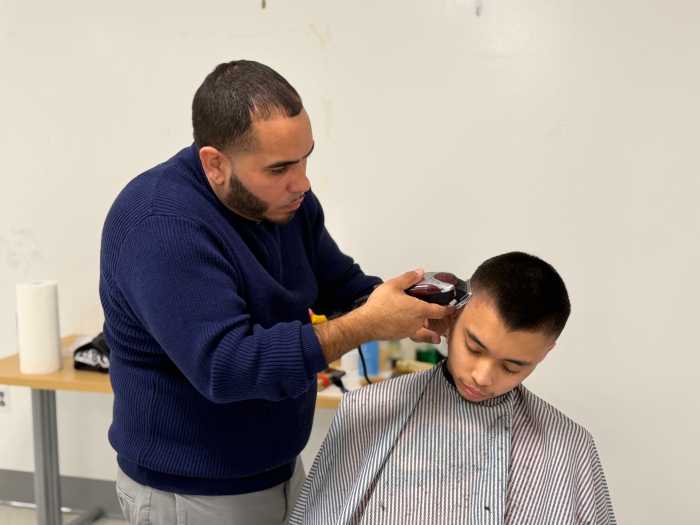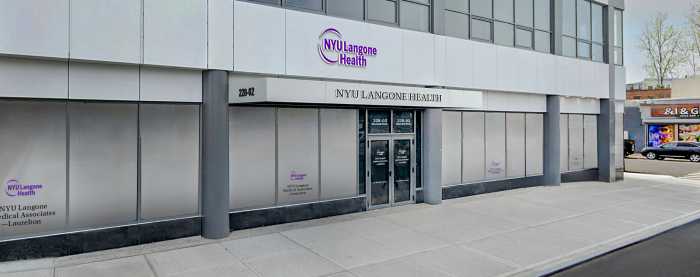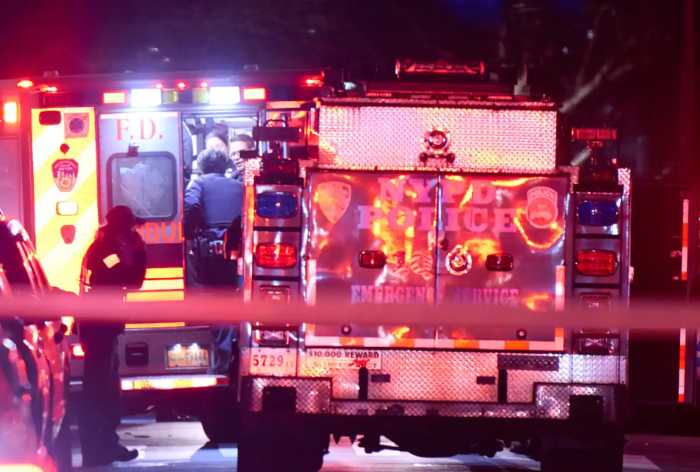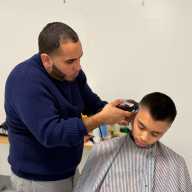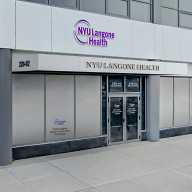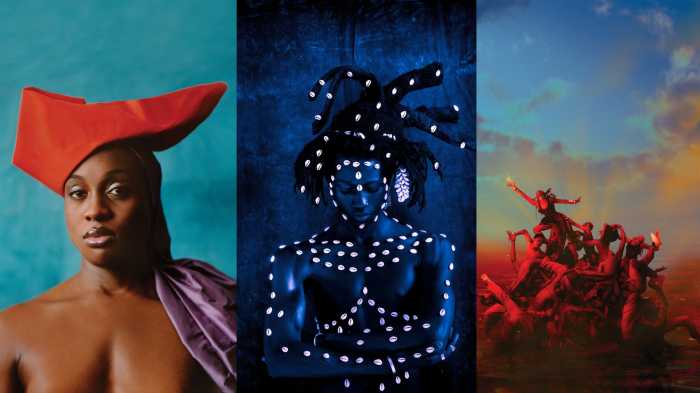By Daniel Arimborgo
One of the first blacks to enter the legal system, retired State Supreme Court Justice Kenneth Browne Hollis, died Feb. 22 after battling prostate cancer. He was 67.
His life was filled with firsts.
He was the first black assemblyman elected in Queens County, the first black Civil Court judge in Queens County, and the first black justice elected to the Queens Supreme Court.
Born June 25, 1923, the pioneering Browne was one of four brothers. He attended DeWitt Clinton High School and earned his associate's degree from McGill University in Montreal. After graduating, Browne joined the Army, attaining the rank of master sergeant in the Engineer Corps. He received two Purple Hearts and the Distinguished Service Medal.
After his discharge from the army, Browne got his bachelor's degree at Long Island University, then went to Brooklyn College where he obtained his law degree in 1952. He then became a partner in the law firm of Browne & Caldwell in Buffalo for three years.
Later, Browne served as an assistant district attorney under then-Queens District Attorney Frank O'Connor. He was promoted to deputy appeals chief for the DA's office, where he served five years.
In 1964, Browne was elected to the state Assembly – the first black official in Queens to hold that post – where he served for four years until 1968.
In 1968, Browne was elected to a Civil Court judgeship in Queens, the first black to serve in that court. In 1973, Browne became the first black to be elected a Queens Supreme Court justice, a position he held from 1973-1999.
During that time Browne presided over at least two high-profile cases: The Velez-Morales case, which tried members of the Puerto Rican nationalist group FALN, and the York LaBorde case involving Black Panther members on trial for the murder of two police officers. William Kunstler and C. Vernon Mason were defense counselors in that case.
Browne was a founding member and later board chairman of the Macon B. Allen Black Bar Association (Allen was the first black lawyer to practice in New York state). He was also a SUNY adjunct professor.
Browne was one of the co-founders of the SEEK Program, the open admissions program designed to make city colleges more accessible to minorities. He also taught trial advocacy courses at the University of Virgin Islands.
In later years Browne suffered from a series of ailments, including prostate cancer.
“Judge Browne was a strong leader with an inquisitive mind and a compassionate heart,” said Judge Daniel Lewis, who served as a law clerk for Browne for 15 years before becoming a State Supreme Court justice himself. He was honored as “The Judge of the Year” by the Criminal Courts Bar Association of Queens County in 1989.
Browne is survived by his wife Shirley, who works for Queens Supreme Court Justice Daniel Joy; his daughter Karen Scott, sons Ken Jr. and Godfrey-Kirkland; numerous grandchildren; and two brothers, Harold and Richard. Another brother, William, predeceased him.
Services and a wake were held at the J. Foster Philip Funeral Home in Jamaica Sunday. He was buried Monday at Calverton National Cemetery on Long Island.

